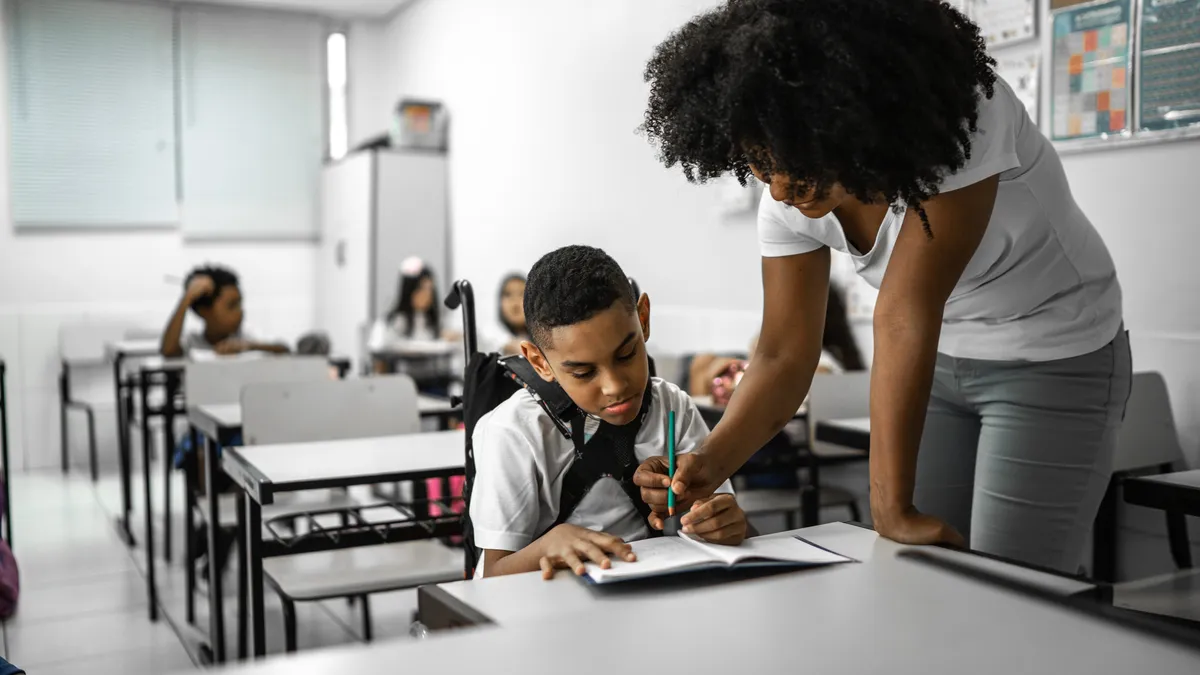Dive Brief:
- The Education Research Alliance for New Orleans studied school closings in New Orleans and Baton Rouge, assessing the test scores, graduation rates and college enrollment rates of affected students and finding a disparate impact.
- The Times-Picayune reports that in New Orleans, 40% of the improvement in student achievement can be attributed to school closure policies, either because it meant closing low-performing schools or motivating remaining schools with the threat of closure.
- In Baton Rouge, on the other hand, students were worse off — the average student ended up in a lower-performing school than they left and many of the closed schools were high schools, which gave students less time to bounce back from the disruption before they were supposed to graduate.
Dive Insight:
Closing schools is controversial whether it is because they are known to be under-performing or simply because of low and shrinking enrollment. Communities are often anchored by local schools, especially if multiple generations of single families went to them, and closings can be emotional affairs. More than the emotional fallout, however, districts should be carefully considering the impact on academics.
Outside of Louisiana, research from the UChicago Consortium on School Research found that nearly all of the students who were displaced by massive school closings in 2012 ended up in schools that were not substantially better than the ones they left. Student achievement only improved, researchers found, if students could go to a “substantially higher-performing school.” Small differences, then, may not be worth the turmoil.





 Dive Awards
Dive Awards





